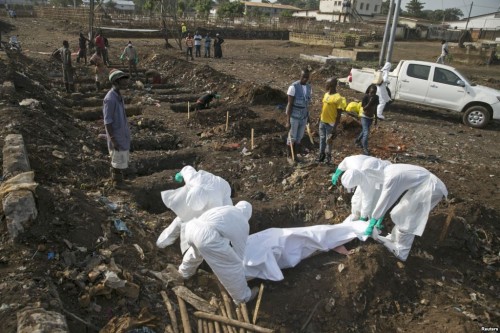
Work to build a huge new £14million research centre on Plymouth University’s ‘second campus’ in the north of the city has begun.
The Herald revealed in December last year how the uni had plans to build a state-of-the-art centre for health![]() and medical research at the headquarters of its Peninsula Schools of Medicine and Dentistry at Plymouth Science Park.
and medical research at the headquarters of its Peninsula Schools of Medicine and Dentistry at Plymouth Science Park.
The Derriford Research Facility at Plymouth University will be home to biomedical research currently based on the University’s main campus in the city centre.
Research projects range from the diagnosis of Down’s syndrome to antibiotic resistance, the use of viral vectors as a way to disseminate vaccines for Ebola and bovine TB, the role of ancient DNA in modern health, genetic influences on post-natal depression, and others.
The entire project, including the refurbishment of existing laboratory, research and teaching space, will complete in Autumn 2016.
The new building will also include up-to-date stock management for equipment and other supplies![]() , allowing for greater transparency and cost savings, and will house specialist services such as the Plymouth University Systems Biology Centre.
, allowing for greater transparency and cost savings, and will house specialist services such as the Plymouth University Systems Biology Centre.
The majority of equipment to be used in the new labs will come from existing labs on the university’s main campus.
The new facilities are in addition to existing laboratories on the same site, where scientists investigate a number of conditions, including brain tumours, hepatitis, neuro-degenerative disorders such as Alzheimer’s and Parkinson’s diseases, stroke and cancer.
The uni’s new Peninsula School of Medicine![]() and Dentistry (PSMD) building would be linked to its existing John Bull Building on the Tamar Science Park.
and Dentistry (PSMD) building would be linked to its existing John Bull Building on the Tamar Science Park.
The John Bull Building, on what has become the university’s North Campus, is a teaching and clinical research facility for the PSMD.
The new building’s close proximity to these laboratories, where scientists investigate a number of conditions including brain tumours, neurological disorders such as Azheimer’s and Parkinson’s diseases, cancer, stroke and hepatitis, will mean closer collaboration between lab-based medical researchers at the University.
Its position will also enable greater interplay between University researchers and research clinicians at Plymouth Hospitals NHS Trust.
The first turf was cut by Professor David Coslett, vice-chancellor of Plymouth University.
He said: “Today marks the beginning of an exciting new development both for Plymouth University and for our City and region.
“Plymouth is a university where teaching and research are mutually dependent and our mission to advance knowledge and transform lives through education and research recognises this explicitly.
“This new facility will support the conditions needed to continue to grow our world-leading research, creating a research environment and culture of the highest quality.
“Our students will be inspired, placed firmly alongside world-leading researchers in their field and learning in a world-class facility.”
Professor Robert Sneyd, dean of Plymouth University Peninsula Schools of Medicine and Dentistry, added: “By bringing together our scientists in the same research-rich environment, and by placing that environment close to our research clinician colleagues at Derriford Hospital, we will be able to build on a multitude of strengths which will contribute further to our reputation as world-leading in a wide range of research arenas. We believe that this level of collaboration will see yet more advances in medical therapies and clinical practice emerge from Plymouth.”
Health and medical research at Plymouth is supported by a variety of funding sources![]() , from the National Institute for Health Research to the Medical Research Council, the Wellcome Trust and other major institutional funders. Support also comes from major UK health charities – Plymouth is one of four Research Centres of Excellence adopted by charity Brain Tumour Research and it is a lead research institution in the Alzheimer’s Research UK South West Network.
, from the National Institute for Health Research to the Medical Research Council, the Wellcome Trust and other major institutional funders. Support also comes from major UK health charities – Plymouth is one of four Research Centres of Excellence adopted by charity Brain Tumour Research and it is a lead research institution in the Alzheimer’s Research UK South West Network.
The university is also working![]() with local and regional charities, including Peninsula Medical Foundation, which is fundraising for medical equipment for the new building.
with local and regional charities, including Peninsula Medical Foundation, which is fundraising for medical equipment for the new building.
Christian Burden, director of development at Plymouth University, said: “It is fantastic to have the support of Peninsula Medical Foundation, and we are keen to engage other charities, groups and individuals who recognise the value![]() of the potentially life-changing medical and health research happening on their own doorstep.”
of the potentially life-changing medical and health research happening on their own doorstep.”
Read more: http://www.plymouthherald.co.uk/Work-begins-new-14million-Ebola-cure-research/story-27478140-detail/story.html#ixzz3h5lFwxFS
Follow us: @heraldnewslive on Twitter | theplymouthherald on Facebook



